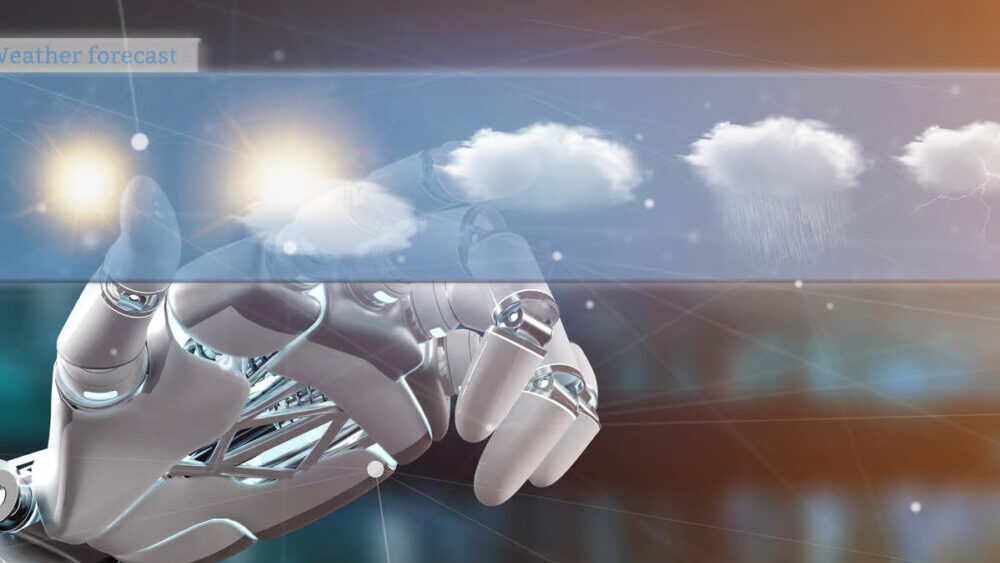A new study published in the Science journal shows that Google DeepMind’s GraphCast AI is able to beat traditional weather forecasters by a mile. The research says that Google’s weather-based AI model has “significantly outperformed” conventional methods used for predicting the weather, some of which are used by the European Centre for Medium-range Weather Forecast (ECMWF).
This is not a small achievement by any means as conventional weather forecasting is already a triumph of science and engineering, making some of the most complex systems on earth. The most advanced weather predicting systems around the world can produce a 10-day forecast in only an hour.
Deepmind’s VP of research, Pushmeet Kohli said: “Weather prediction is one of the most challenging problems that humanity has been working on for a long, long time. If you look at what has happened in the last few years with climate change, this is an incredibly important problem.”
However, Google DeepMind’s GraphCastAI was able to produce a 10-day weather forecast in just 10 minutes with its machine learning-based weather prediction (MLWP). According to the Financial Times, the research showed that the results were not only quicker but also more accurate than conventional methods. Needless to say, this represents a turning point in weather forecasting.
GraphCast was able to predict where Hurricane Lee, a powerful storm in North America, would hit the land three days ahead of traditional weather forecasting.
GraphCast uses the most recent pair of Earth’s weather snapshots—the current moment and those from six hours ago—to predict the forthcoming weather conditions six hours into the future. The model has been trained using 39 years of historical data procured from the ECMWF.
But as with all current AI models, GraphCast also comes with certain limitations. For instance, it has more trouble in long-term weather forecasts when compared to non-AI-based systems.
Nevertheless, ECMWF machine learning specialist Matthew Chantry said that once GraphCast is properly trained on a wide set of historical data, it will present a much cheaper solution to currently available weather forecasters as they rely on powerful and expensive supercomputers.
He said: “We might be talking about 1,000 times cheaper in terms of energy consumption. That is a miraculous improvement.”






